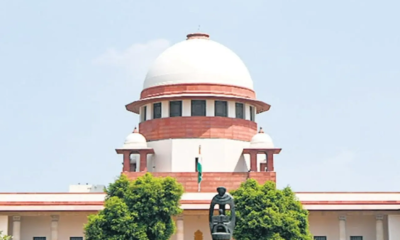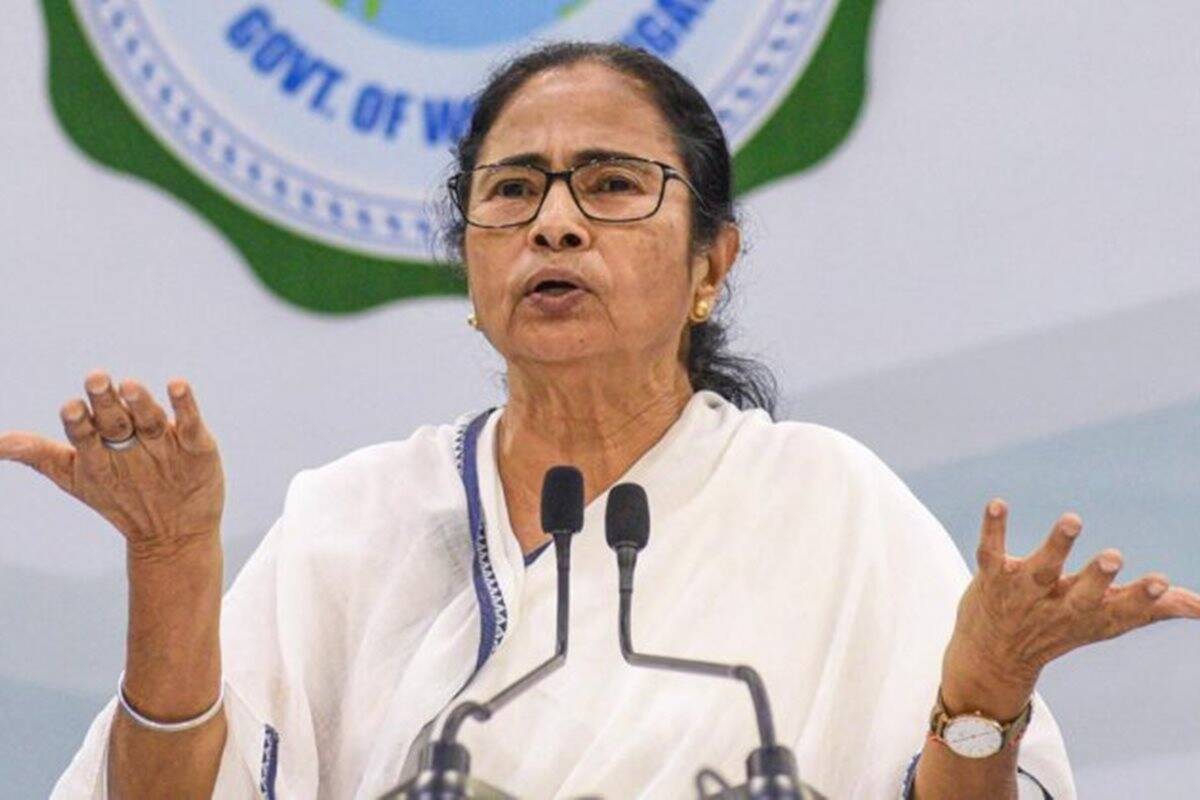India News
Bihar youth burn tyres, vandalise bus in protest, Know why youth are protesting against recently announced Agnipath Recruitment Scheme?
In the Agnipath scheme, the recruitment process will take place for individuals who are below the rank of officer, with the goal of deploying fitter, younger troops on the front lines, many of whom will be on a four-year-contracts.

India News
RSS not seeking political power, focused on uniting Hindu society, says Mohan Bhagwat
RSS chief Mohan Bhagwat said the organisation is not seeking political power but is focused on uniting Hindu society and promoting character-building during an interaction with athletes in Meerut.
India News
BJP MLA Vungzagin Valte dies after prolonged battle with injuries from Manipur violence
Manipur BJP MLA Vungzagin Valte has died in Gurugram nearly two years after suffering severe injuries in the 2023 ethnic violence in Imphal.
India News
Amit Shah launches Rs 6,900 crore Vibrant Village Programme-II in Assam
Amit Shah has launched the Rs 6,900 crore Vibrant Village Programme-II in Assam to develop 140 villages along the Bangladesh border with improved infrastructure and employment opportunities.
-

 India News20 hours ago
India News20 hours agoBJP MLA Vungzagin Valte dies after prolonged battle with injuries from Manipur violence
-

 India News20 hours ago
India News20 hours agoNo option left: Supreme Court issues extraordinary order in Bengal SIR case
-

 India News20 hours ago
India News20 hours agoAmit Shah launches Rs 6,900 crore Vibrant Village Programme-II in Assam
-

 Latest world news6 hours ago
Latest world news6 hours agoTrump signs 10% global tariffs after US Supreme Court setback
-

 Latest world news6 hours ago
Latest world news6 hours agoPM Modi meets Sri Lankan President Dissanayake at AI summit, reviews connectivity agenda
-

 India News6 hours ago
India News6 hours agoRSS not seeking political power, focused on uniting Hindu society, says Mohan Bhagwat













